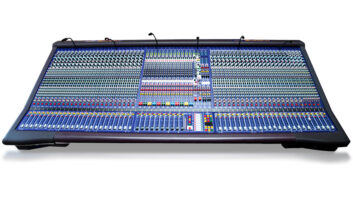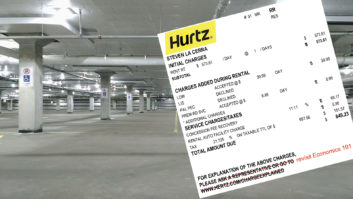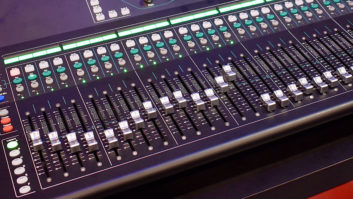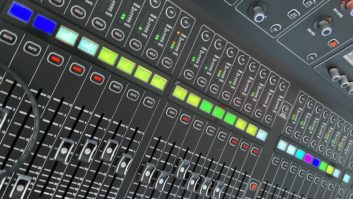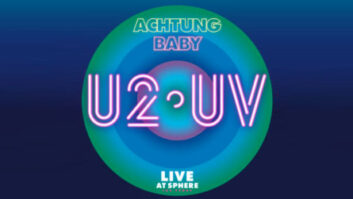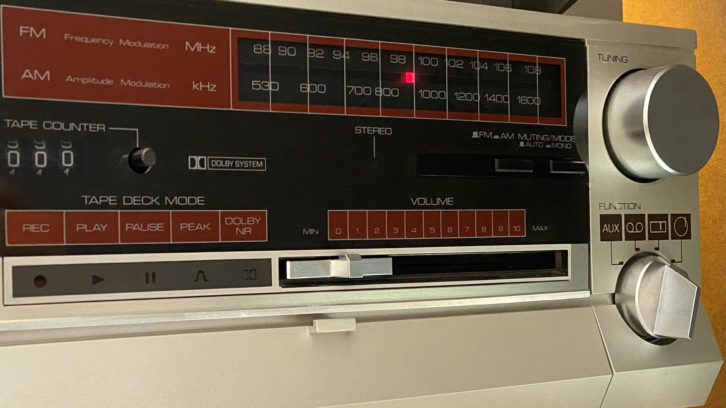 One of the local sports stations here in the NYC area has been running an ad campaign sponsored by the NAB (National Association of Broadcasters), themed “Don’t Stop the Music.”
One of the local sports stations here in the NYC area has been running an ad campaign sponsored by the NAB (National Association of Broadcasters), themed “Don’t Stop the Music.”
The ad voices the NAB’s opposition to the American Music Fairness Act, a bipartisan bill introduced to Congress last year by Reps. Ted Deutch (D-FL) and Darrell Issa (R-CA). The legislation proposes that AM and FM broadcast stations pay performance royalties to artists whose music is played over the air. Anyone working in the music industry knows that songwriters are paid when their songs are played on-air, but—as of now — performing artists are not. Tell that to someone who doesn’t work in the industry, and they’re usually shocked.
Terrestrial radio is one of the last platforms that uses music for commercial purposes but doesn’t pay performance royalties to artists. Streaming services, satellite radio, online radio and other platforms that profit from music plays already pay performance royalties. Artists feel that it’s long overdue for AM and FM stations to ante up, while the NAB opposes the concept, viewing it as just another tax.
There’s a strong case for either side.
One could argue that performers have already been paid for their services. In theory, their record labels paid for the recording, and many a side musician is familiar with the term “work for hire” (though independent bands often bear the burden of the entire recording budget). Why should they be paid a second time?
Mix Live Blog: Off The Beaten Path
On the other hand, there’s no denying that these musicians breathe life into songs, making them enjoyable for listeners to hear over and over again (can you say “Wrecking Crew?”). We’ve all heard stories of million-selling artists going flat broke.
The NAB wants the layperson to think that the American Music Fairness Act will ruin terrestrial radio by imposing these fees, but the Act stipulates that radio stations earning less than $1.5 million in annual revenue, and whose parent companies earn less than $10 million in annual revenue, would be exempt, paying a discounted rate of $500 per year for unlimited play. The bill also contains exemptions for public, college and non-commercial stations, as well as stations in very small markets.
For an industry with an annual revenue of roughly $10 billion, that’s really not a lot to ask.
What really bugs me about the radio ad is the tone, the implication that record labels and artists comprise this big, ugly, greedy monster holding AM and FM radio stations hostage.
“If passed, this bill would tax your local radio stations simply to play the music you love,” states the voiceover. They forgot the part about the stations earning revenue through sales of advertising. I don’t think it’s ugly. I think it’s a case of creators wanting—and deserving—to be compensated for their efforts.
